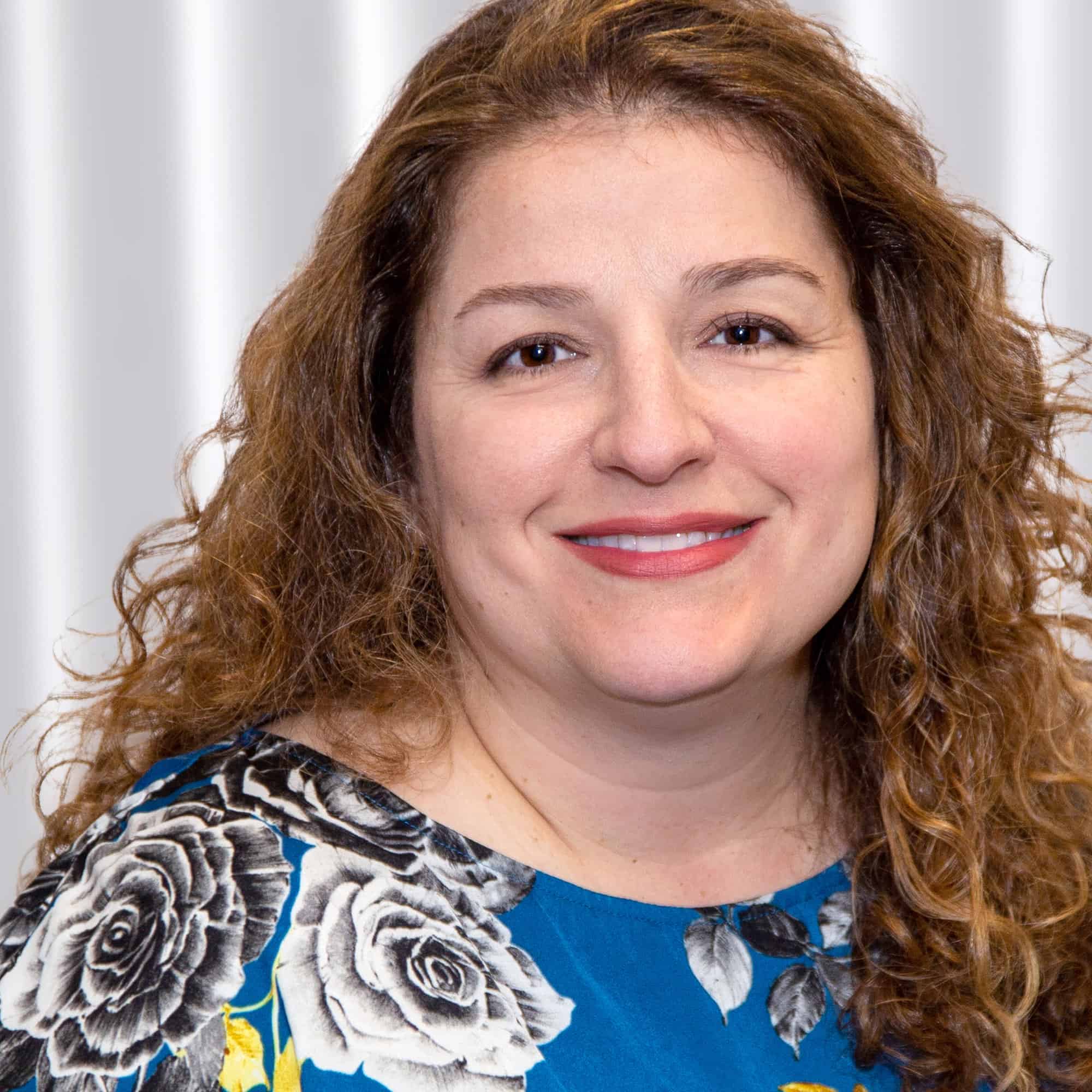By Andrea K. Kovar, Attorney, Generation Law
Medicaid is a public insurance program that offers health coverage to low-income families and individuals, including seniors and people with disabilities. Medicaid also covers long-term care, including both nursing home care and many home and community-based long-term services and supports.
To help pay for these long-term services, every state (including Illinois) is required to implement a Medicaid Estate Recovery Program (MERP). For those who receive assistance through the Aid to the Aged, Blind or Disabled (AABD) program (such as paying for nursing home room and board), federal law requires Medicaid to seek recovery from a deceased Medicaid beneficiary’s estate for the value of the medical assistance provided to them after they reached age 55, except when the recipient has a surviving, spouse, child under age 21, or blind or disabled child of any age.
In a welcome move, the Illinois Department of Healthcare and Family Services (HFS) has issued a proposed amendment to the Illinois Administrative Code that would exempt the first $25,000 of a deceased Medicaid recipient’s probate estate from recovery under MERP (this follows a recent change in Illinois law). HFS will consider the gross assets in the estate, including, but not limited to, the net value of real estate less mortgages or liens with priority over its claims. The new law, which is pending federal approval, would apply to estates opened on or after July 1, 2022.
This means that if a loved one dies, the survivors do not need to worry about the State of Illinois recovering small amounts of money from the beneficiary of the decedent’s estate.
Please keep in mind that the Department proposed these rules. They are not in force yet. We expect the these rule to become permanent with some possible modification later this year.


How does Medicaid consider inherited assets of a non-applicant community spouse in determining a disabled senior’s eligibility?
Unfortunately, under Illinois’ Medicaid rules, those assets will be considered in determining eligibility.
I am looking for to receive some information about recovery injury how can I get in contact with that office information about recovery how would I get information that my lawyer sent out information to you guys for a settlement
I was on Illinois regular Medicaid under Obama’s expanded Medicaid coverage, but NOT under AABD. I never received any care at a long term care facility. I aged into Medicare this past year and am now worried that the state of Illinois will come after my estate for the costs of all the medical care I received while I was on Medicaid. Are my fears unfounded?